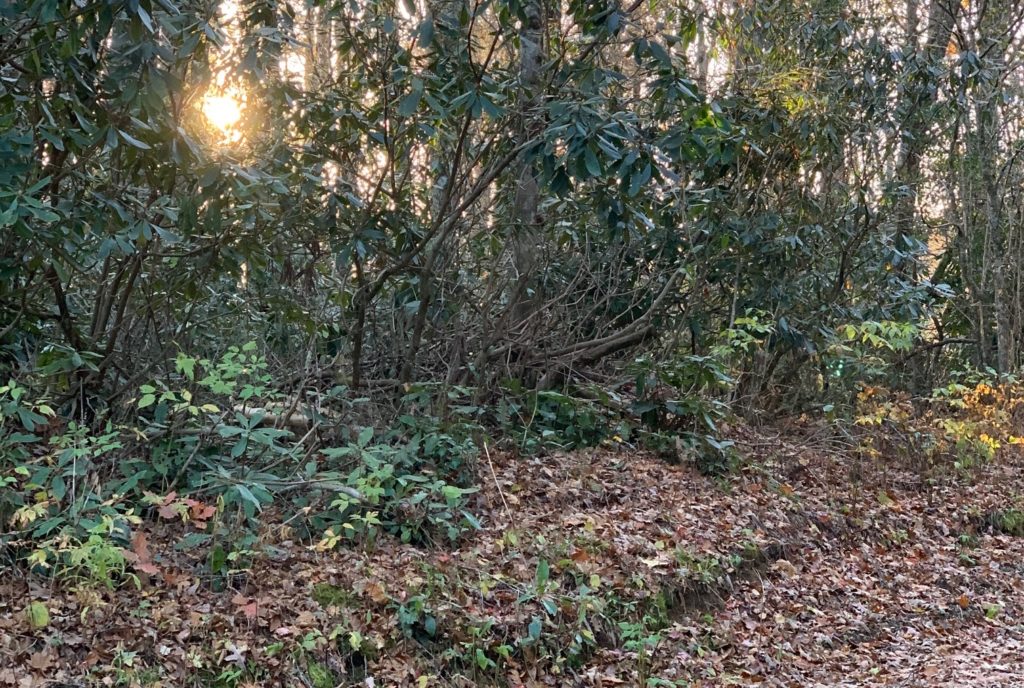
A parent recently wrote me of her daughter’s experience in a therapeutic wilderness program: My daughter had difficulty with emotional regulation, she was always very tough. Wilderness did not give up on her. Halfway through her stay, she had an awakening and the changes began to happen. She came out of wilderness a different person. Her therapist taught her things about herself that she still talks about today. She endured things and conquered obstacles. There is something about living the simple life that humbles you. The relationship with the therapist is very special. The program gave her hope and courage.
Hope and courage are so important for young people. When they are struggling, the struggle feels like all there is. Wilderness brings a broader perspective and gives them a chance to find courage and hope in beautiful settings removed from the distractions and negative influences that contribute to the need for therapy in the first place. (In wilderness, you can’t hide in your room playing computer games.)
Wilderness can bring so many benefits to emotional health. The introspection inspired by immersion in nature can be transformative. Wilderness “does not give up on you.” When a person really connects with nature, they find greater well-being and less stress. Getting back to the simplicity of nature also brings calm and helps build self-awareness.
This is where the therapist comes in. Treasure Island author Robert Louis Stephenson writes, “We are all travelers in the wilderness of this world, and the best we can find in our travels is an honest friend.” Within the context of a therapeutic wilderness program, the therapist is that honest friend. The trusting relationships created between the therapist and client create an emotionally safe space that supports deeper understanding.
Therapy in wilderness programs differs from that in residential programs in that clients are engaged in tailored therapy throughout each day, the entire program is therapeutic. Using wilderness as a backdrop for, therapy doesn’t feel so much like therapy. Healthy food, physical exercise, and instruction in basic survival and self-care skills combine to create an experience that feels good. This feeling is the beginning of the “awakening” that helps clients learn to acknowledge and begin to change their behavior.
And of course, Wilderness programs meet our current need for fresh air and social distancing. The wilderness programs I recommend are still in operation as the need for them persists and is in some cases heightened by the pandemic. These programs have all enacted strict safety protocols to ensure the health of the clients and therapists. Please contact me for more information.

